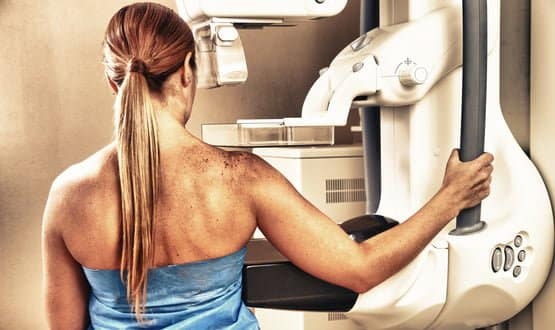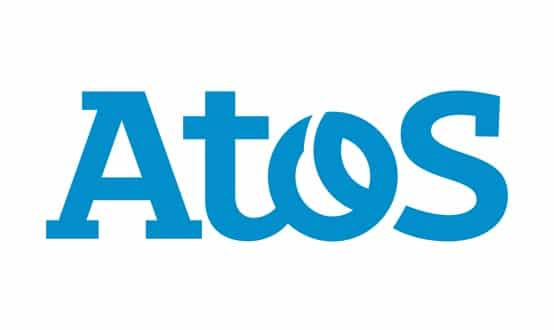New breast cancer screening units to be directed to areas most at need
- 12 January 2023

The government has pledged to invest millions to support the delivery of 29 new NHS breast cancer screening units, directing them to the areas where they are most needed.
The £10 million investment from the government includes 16 new mobile breast screening units and 13 additional static units. It also covers live remote access upgrades for 58 existing units and 10 software upgrades to carry out ultrasounds and X-rays.
These new screening units and upgrades will allow tens of thousands of women to be screened earlier, speeding up cancer diagnoses. Screening will be focused at sites where it is most needed, tackling health disparities and improving diagnosis rates in line with the NHS Long Term Plan.
In addition, the investment will help deliver a more accessible NHS where patients can receive care close to home.
Steve Russell, NHS national director for screening and vaccinations, said: “Screening is vital in detecting breast cancer early and getting better outcomes for patients, and this further investment is great news for improving access to breast screening services for women across England.
“This funding will help increase screening rates among women from communities and regions where uptake is lowest by improving facilities in both fixed and mobile locations, making it easier for more women to get checked, and we encourage anyone invited for a screening to take up their appointment without delay and help us catch cancers earlier when they are easier to treat.”
The mobile units will be used flexibly to target areas that will most benefit from increased opportunities for screening. Static units will be placed in areas to enhance accessibility, uptake and coverage.
Those areas with existing units will also benefit from upgrades to improve screening by using the latest technology, ensuring the best possible care for patients.
Ciarán Norris, head of campaigns and public affairs at Macmillan Cancer Support, said: “We welcome any intervention that helps to speed up diagnosis and improve access to cancer screening services, particularly in areas where they are most needed, as we know the earlier someone is diagnosed the better their outcome is likely to be.
“Alongside this, we also look forward to working with the government on steps to grow and sustain the cancer workforce, to ensure our cancer services can provide timely treatment and care for everyone living with cancer, both now and in the future.”
Funding is now in place for NHS trusts to spend within the 2022/23 financial year and the timing for delivery of units will be individual to each trust.
There has been a lot of focus around the role artificial intelligence (AI) can play in detecting breast cancer more effectively. For example, in November 2021 Royal Free London Hospital NHS Foundation Trust announced they would carry out a retrospective study to determine if AI could be more effective than current screening methods.




